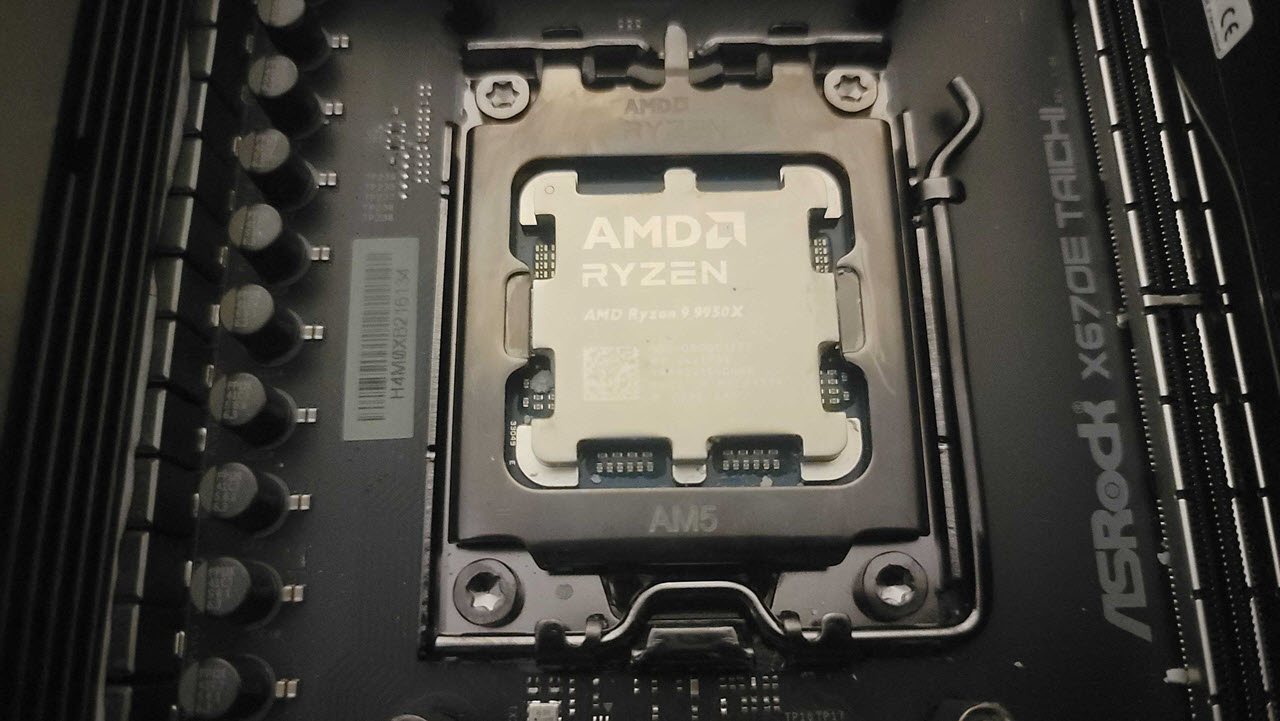
AMD has recently been on a roll with its desktop chips, growing its desktop processor market share to 28.7% in 3Q24 versus 15.8% just five years prior. This is a stunning 81% jump for AMD, and all at the expense of Intel. You can see evidence of this for yourself when you look at the best-selling CPUs on Amazon, with the top 10 spots held by AMD processors from the Ryzen 5000, 7000, and 9000 processor series. Intel sits awkwardly at 11th place, with its Intel Core i7-13700K, a processor two generations behind its latest parts.
Some might argue that the Intel Core Ultra 200 chips are too new to penetrate Amazon’s bestseller list, but AMD’s premier gaming chip, the Ryzen 7 9800X3D, has launched just this month and it’s already at pole position. This is despite the massive demand that drove prices up to more than $600 (from the original launch price of $479). If that is out of your range, you could go for the previous generation Ryzen 7 7800X3D, which sits at the number two spot and has a far more accessible asking price of $349.
At number three, we have the four-year-old Ryzen 9 5900X, costing $226 — this is 60% off its launch price, making it a tempting deal for budget-conscious buyers who still want 24-threads of performance. It even outsells the Ryzen 9 5900XT, which launched this year but is more expensive at $308. The AMD Ryzen 5 7600X, priced at $194, sits in fourth place, while the older 12-thread (and cheaper, at $105) Ryzen 5 5600X is one place behind at fifth place.
Spots six through ten in the Amazon CPU bestseller list are rounded out by the AMD Ryzen 7 5700X3D, Ryzen 7 5700X, Ryzen 7 7700X, Ryzen 7 5800X, and Ryzen 5 5500. These processors give buyers a wide range of options — the cheapest processor starts at less than $100 and those who have the money could splurge more than $500, allowing you to get the best CPU for gaming in your budget.
What’s interesting, though, is that there’s only one Ryzen 9000 series processor here. This is probably because of the disappointing benchmark results returned by the non-X3D variants at launch, with the company soon releasing a patch to fix the issue. Nevertheless, this small hiccup is nothing compared to the major headache that Intel has experienced with its high-end Raptor Lake and Raptor Lake Refresh desktop chips.







